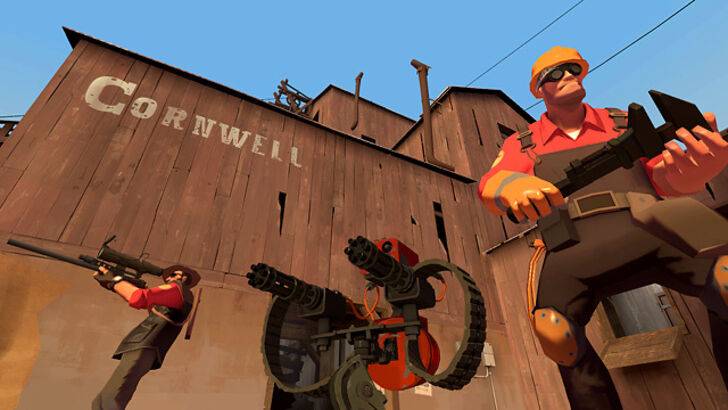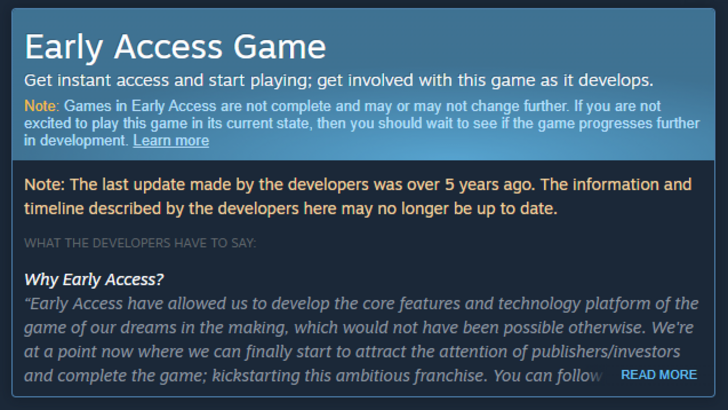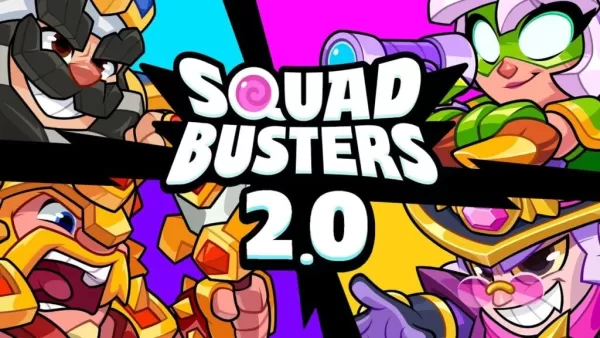Steam Cracks Down on Games with Forced Ads

Valve has taken a firm stance against games with forced in-game advertisements, creating a dedicated policy page to clarify their rules. This move aims to enhance the gaming experience for Steam users by ensuring that games do not disrupt gameplay with mandatory ads. Read on to learn more about this policy and its implications for players.
Valve Rolls Out Rules for Games with Forced Advertising
Games are Forced to Remove Ad Elements

Valve has introduced a clear policy banning games that require players to watch or interact with in-game advertisements to progress or earn rewards. This practice, often seen in mobile and free-to-play games, includes unskippable ads between levels or ads that offer bonuses like energy refills. While this policy has been part of Steamworks' terms for nearly five years, it now has its own dedicated page, likely due to the increasing number of games on the platform. According to SteamDB, 2024 saw the launch of 18,942 games, highlighting the need for stricter guidelines.

Steam, which does not host paid advertisements, does not support advertisement-based business models for games. Developers wishing to bring such games to Steam must remove these ad elements or convert their game into a "single purchase paid app." Alternatively, they can adopt a free-to-play model with optional microtransactions or purchasable DLC. A successful example of this transition is the business management simulator "Good Pizza, Great Pizza," which now offers its former in-game ads as paid DLC or unlockable content.
Product Placements and Cross Promotions Allowed on Steam
While disruptive ads are prohibited, product placements and cross-promotions such as bundles and sale events are permitted, as long as the necessary licenses are in place for any copyrighted content. For instance, racing games like "F1 Manager" can feature real-life sponsor logos, and skateboarding games can showcase actual brands.
This policy underscores Valve's commitment to offering high-quality, immersive gaming experiences on PC without the intrusion of forced advertisements.
"Abandoned" Early Access Games Now Give Warning

In addition to the ad policy, Steam has introduced a feature to alert users about "abandoned" Early Access games. The store pages of these titles now include a message indicating how long it has been since the last update and a note that "the information and timeline described here by the developers may no longer be up to date." This helps customers filter out games that have not been actively developed, especially with the growing number of Early Access titles on the platform.
The Steam community has responded positively to this new feature, with many users expressing gratitude on social media and forums. Some have suggested that games not updated in over five years should be delisted, reflecting a desire for more active and supported titles on Steam.





























